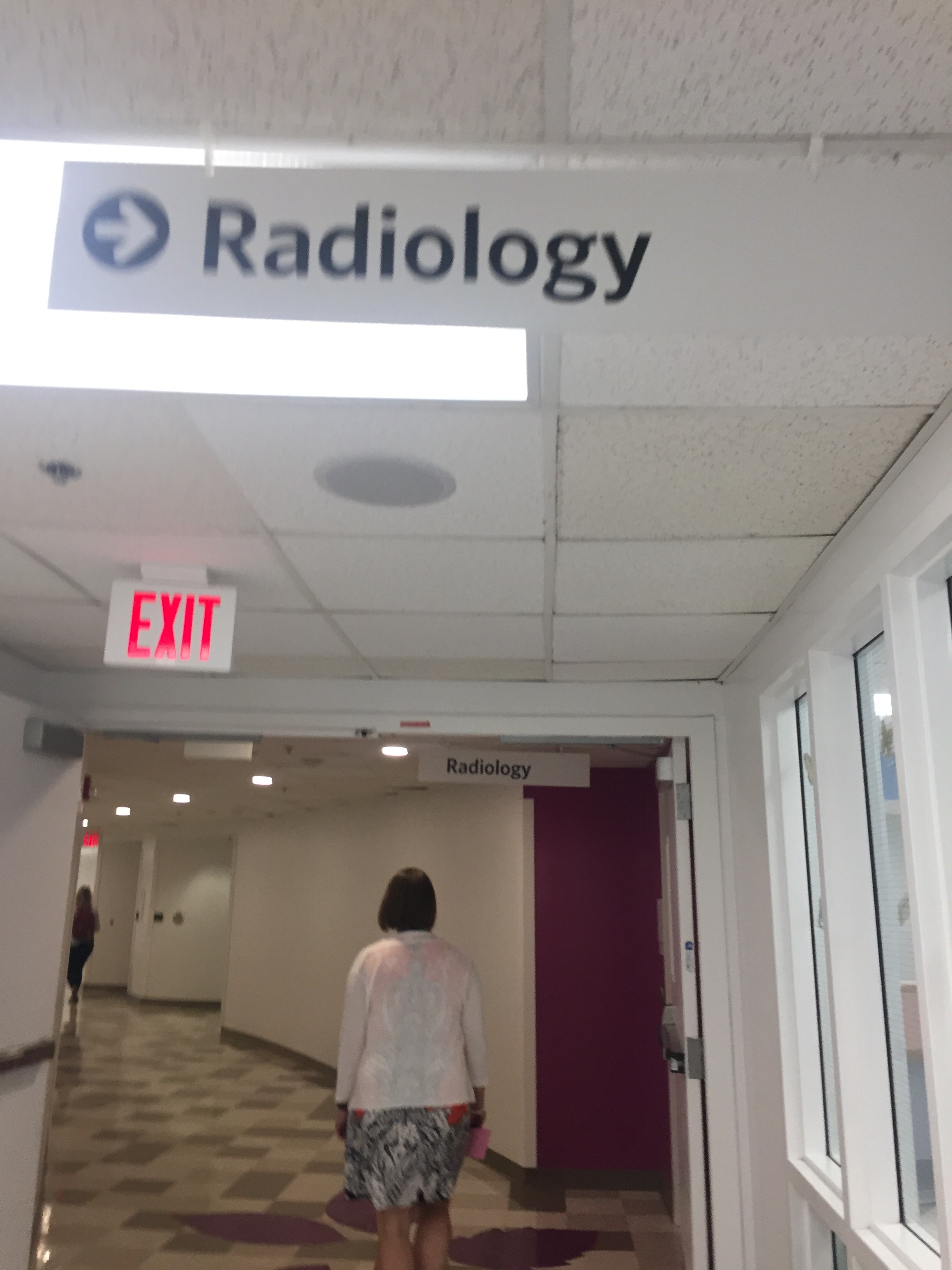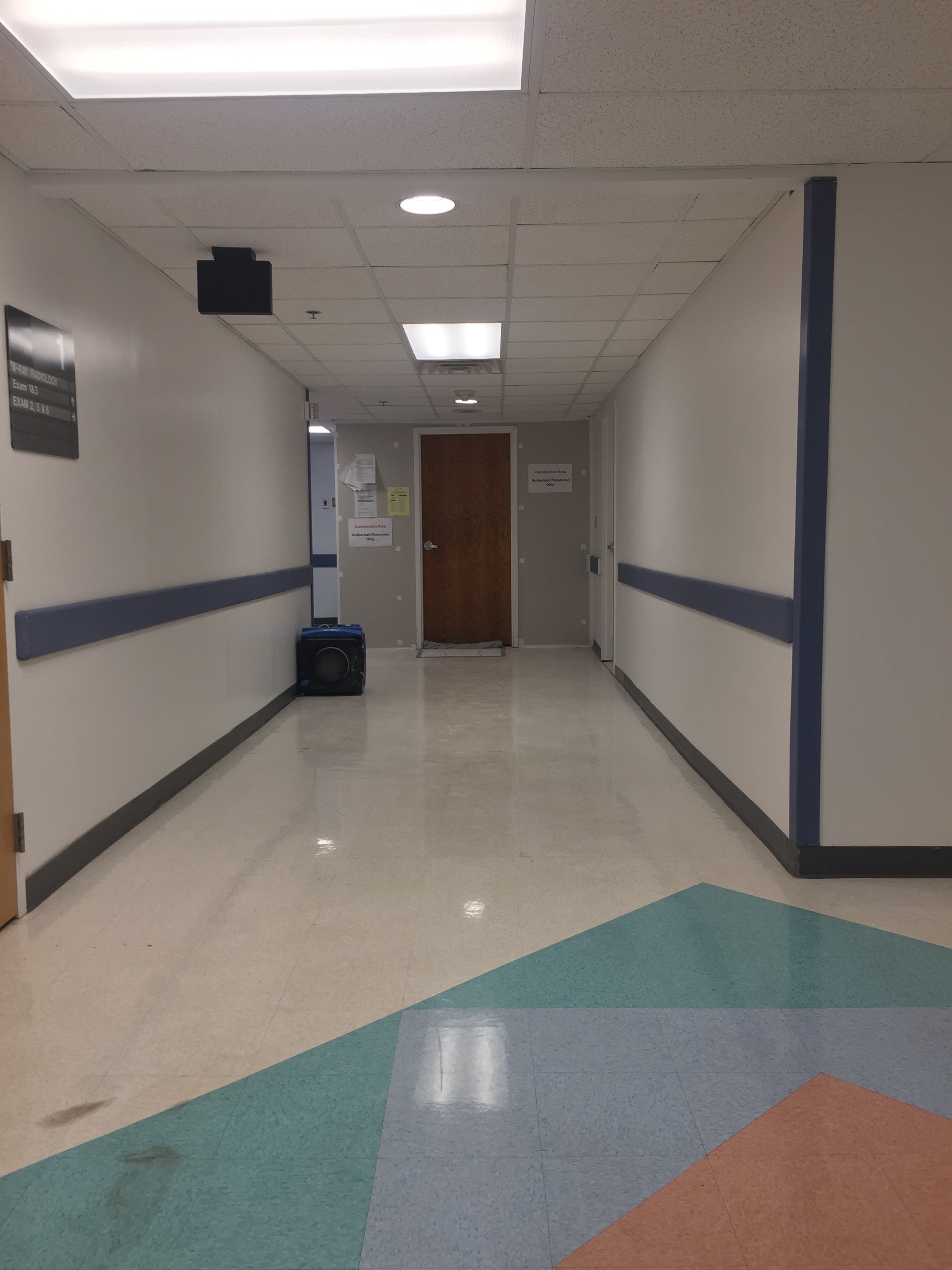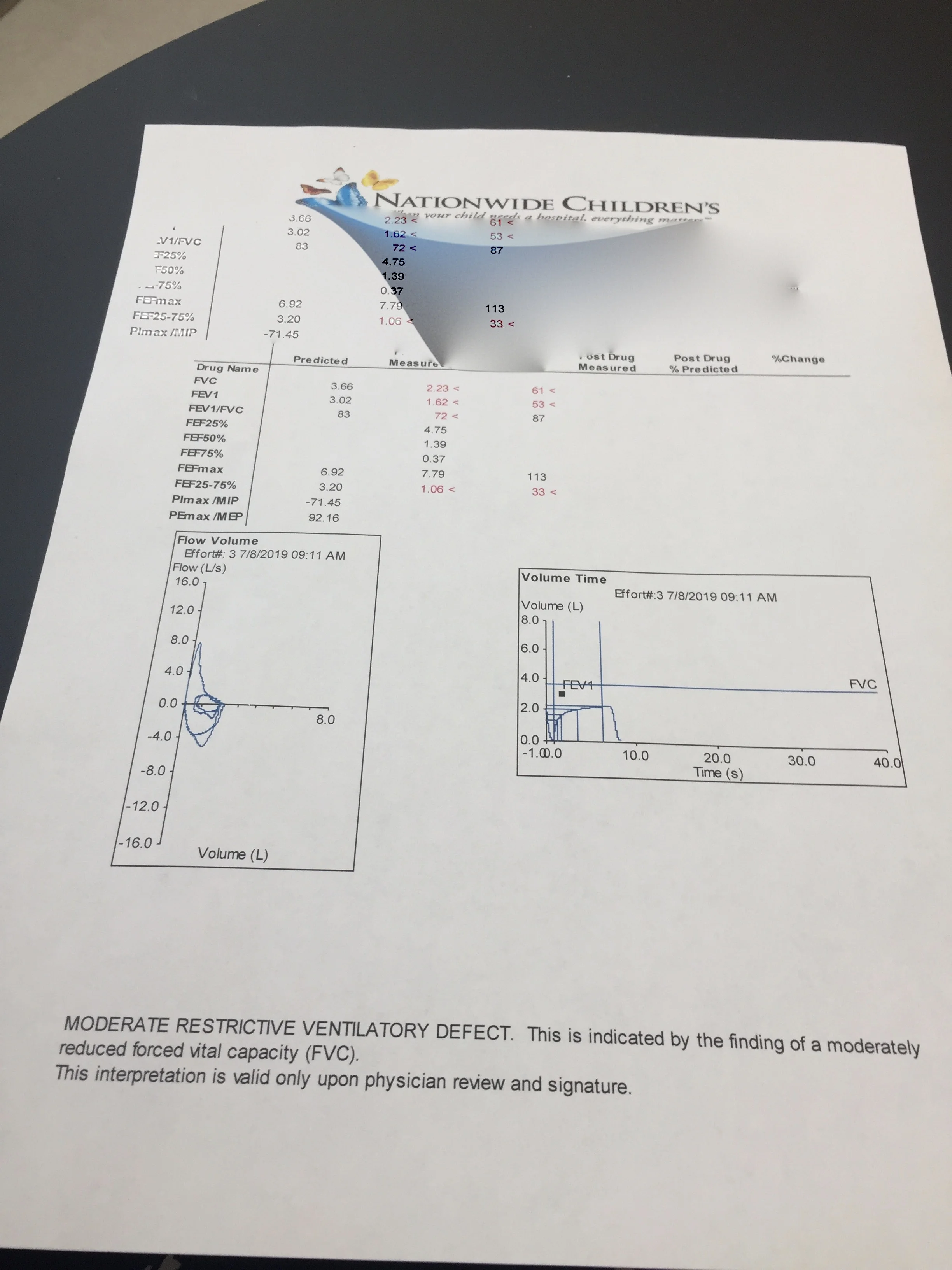Fall near my transplant center
Social media can be a den of vipers, as the Bible says.
But it can also be a great place to correct myths, evangelize, and truth-tell.
Last night, a friend of mine on Twitter directed my attention to a thread (by a doctor, no less, sigh) talking about how only the “wealthy” get transplants. She (my friend) was wondering if this was actually true.
It is not, and I did a short thread dealing with the issues she talked about, but I thought it deserved longer (and slightly more permanent) treatment, so, here we go! Time to myth bust.
Transplants are expensive. It’s true. It’s not just the cost of the surgery, the hospitalization, and the rehab, it’s also the cost of the medications that one must take in perpetuity. That’s why, when you’re first being worked up for possible transplant listing, an insurance check is run. What that means is that your policy is looked at and its coverage limits, etc. are determined. Back in the day when I got mine, my policies (they were different as I went through the process) had a cap of a few million. (Yes, a few million.) That covered the surgery, the hospital stay, the rehab, meds, and also some of the relocation costs, because a lot of people have to relocate to their center for a few months if they don’t live nearby. I did not have to do that, a thing for which I am eternally grateful. So no, I didn’t use all of the cap for my surgery and recovery. But it was there.
The medications are key to transplant success. If you don’t have them, you will die. Ciao, adios, kaput, end of story, Elvis has left the building. You get the idea. So you either must have insurance coverage for them, or you have to be eligible for the low-cost co pay cards that drug companies offer.
The hospital doesn’t run this step just to say, “well, sucker, you don’t have good insurance? TOUGH LUCK!” They do it to get an idea of what you have, but also to get you help if you need it.
Medicare covers transplants, as does Medicaid. So the idea that “only rich people” get transplants isn’t true on its face.
But yes, the hospital has to know that the patient can access their medications, otherwise the transplant isn’t going to work. Before I was discharged after my transplant, the transplant pharmacist had my parents bring in all the medications we’d gotten from our local pharmacy so she could double check that everything was correct. It’s imperative.
But even if we stripped away all the monetary things—let’s say we had the magical Medicare for All that some parts of the left talk about—that doesn’t mean that everyone would get listed. Why?
I’ll tell you.
To be a good candidate for transplant, you have to check a lot of boxes. You have to be sick enough to need the surgery, but strong enough to survive it. You have to be cognitively capable of understanding when to take all the medications, what symptoms to report, how to take the medications, and why you need to take them. You have to have at least one caretaker during the initial process, because you won’t be able to do things on your own for a bit. (I couldn't drive for three months post-transplant.) You have to have appropriate housing (ie, nothing from Hoarders). You have to have reliable transportation so you can get to and from appointments and tests.
And you have to have a record of giving a crap about yourself.
I’ve told this story many times, but it’s worth rehashing here. At my last CF clinic appointment before transplant, I was sitting in the waiting room next to a girl about my age (early 20s). She had a baby with her. She told me she had two other children and she lived with her mother. She was on IV antibiotics, but she was sort of haphazardly doing them. And then she told me that she knew that she wasn’t doing well and that she needed to find a better living situation and take care of herself better, but that she was “going to die soon anyway” and so what did it matter?
My heart broke for her—it still does. I often wonder what happened to her. She knew that she wasn’t taking care of herself, she knew it was going to lead to nowhere good, but she didn’t change it.
She is the type of person who is not eligible for transplant. You have to be willing to change things if they need changing. You have to be willing to fight for yourself. I don’t know if she was just tired by all of it—because we all have those days—or what. But she was pushing her body to its event horizon very quickly.
I also remember neighbors I used to have, senior citizens who were husband and wife. The husband had quadruple bypass surgery. His wife, a compulsive smoker, continued to smoke even after his surgery. She would laugh if off as we talked outside—I tried not to get too close either, because the smoke wasn’t good for me, but I didn’t want to be rude.
Transplant doesn’t just affect the patient, it affects the families. You can’t have certain pets in the house (ie, birds). No one in the house can smoke. Certain foods are off-limits for transplant patients (ie, grapefruit). The family has to be willing to support the patient through the process. You can be as wealthy as Scrooge, but if you don’t have someone to help you through it, that money is not going to help you get listed. There’s a psycho-social evaluation component to listing as well.
And even when all the stars align, that still doesn’t mean you will get a transplant.
My friend Sage died waiting. I have no idea why she died, and I didn’t. I have no idea why I’m here today, other than God must still have something for me to do. I got damn lucky and all the stars aligned.
There are not enough organ donors to meet the demand for them. This is especially true among minority populations. If you want to increase transplant equity, this is great place to start, and UNOS is already doing good work here, but it needs amplified.
It’s very easy to say, “Oh, it’s all about money” but it’s not. It’s easy to say many things about transplant that aren’t true.
But transplant medicine is the most intense high-wire act in all of medicine. Even when all the stars are aligned, it’s not guaranteed to happen. That’s the truth.






































